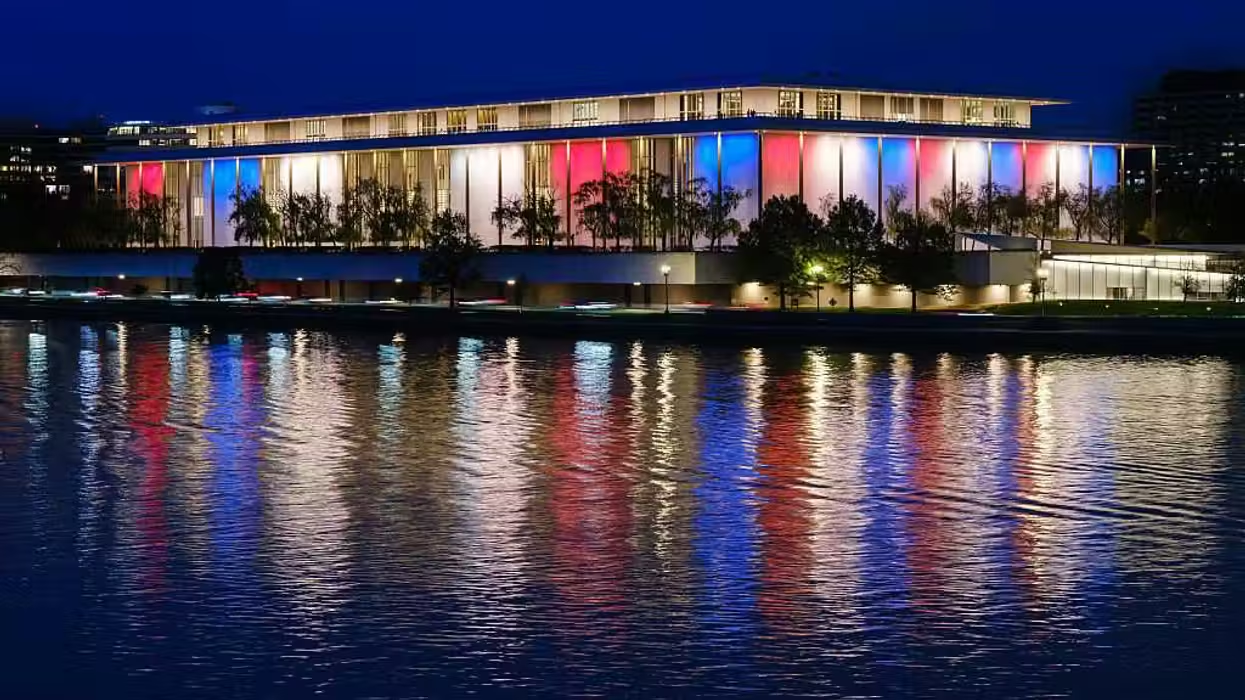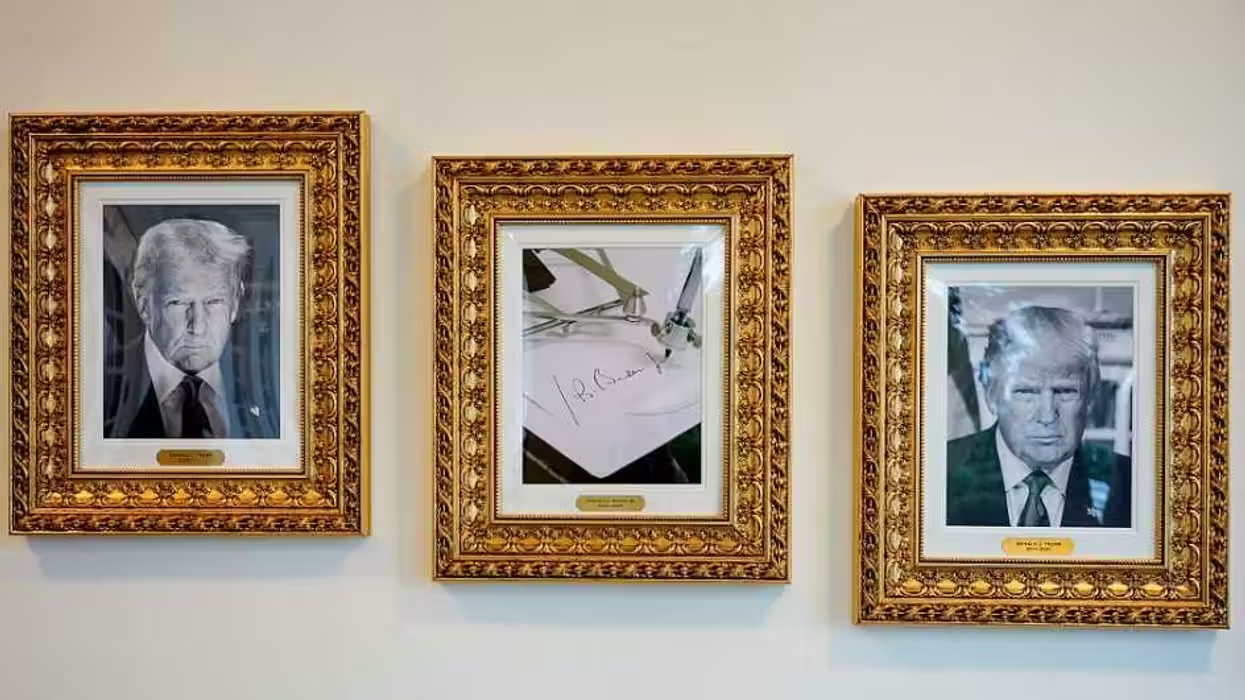President Barack Obama signed the 2013 National Defense Authorization Act into law on Wednesday, but he did so while also noting that he opposed a number of provisions held within it. Among them: Section 533, a portion devoted to ensuring religious protections for servicemen and women. According to the Baptist Joint Committee for Religious Liberty, this section of the document "may require the military to accommodate the religious objections of military personnel."
The text makes it clear that the military must respect the moral views and conscience held by its members. Additionally, it goes on to say that these beliefs may not be used to discriminate against or to deny promotion for those who embrace them (read the entire law, including Section 533, here).
 President Barack Obama (Photo Credit: Getty Images)
President Barack Obama (Photo Credit: Getty Images)
"The Armed Forces shall accommodate the beliefs of a member of the armed forces reflecting the conscience, moral principles, or religious beliefs of the member and, in so far as practicable, may not use such beliefs as the basis of any adverse personnel action, discrimination, or denial of promotion, schooling, training, or assignment," the provision reads, in part.
The provision appears aimed at protecting against forced gay marriage ceremonies and other contentious practices, as the section also states, "No member of the Armed Forces may require a chaplain to perform any rite, ritual or ceremony that is contrary to the conscience moral principles, or religious beliefs of the chaplain."
Below, see a screen shot of the Section 533 in its entirety:
 A screen shot from H.R. 4310
A screen shot from H.R. 4310
In his official signing statement, Obama made his opposition to this portion of the law known, calling it "unnecessary and ill-advised." He also noted his belief that the Armed Forces already protects conscience freedoms of chaplains and service members, alike.
"The Secretary of Defense will ensure that the implementing regulations do not permit or condone discriminatory actions that compromise good order and discipline or otherwise violate military codes of conduct," Obama wrote. "My Administration remains fully committed to continuing the successful implementation of the repeal of Don't Ask, Don't Tell, and to protecting the rights of gay and lesbian service members; Section 533 will not alter that."
But it wasn't only religious protections that Obama targeted in his signing statement. He also spoke out against restrictions on the movement of detainees out of military prisons. The New York Times reports:
President Obama set aside his veto threat and late Wednesday signed a defense bill that imposes restrictions on transferring detainees out of military prisons in Afghanistan and Guantánamo Bay, Cuba. But he attached a signing statement claiming that he has the constitutional power to override the limits in the law.
The move awakened a dormant issue from Mr. Obama’s first term: his broken promise to close the Guantánamo prison. Lawmakers intervened by imposing statutory restrictions on transfers of prisoners to other countries or into the United States, either for continued detention or for prosecution.
Now, as Mr. Obama prepares to begin his second term, Congress has tried to further restrict his ability to wind down the detention of terrorists worldwide, adding new limits in the National Defense Authorization Act of 2013, which lawmakers approved in late December.
 President Barack Obama (Photo Credit: Getty Images)
President Barack Obama (Photo Credit: Getty Images)
You can read president Obama's entire signing statement to see rationale against these ideals, despite still signing the bill into law. As for religious protections, his opposition is intriguing and will likely rile some free speech advocates. It comes after the Obama administration has already imposed a contraceptive mandate -- sparking a battle that continues to rage, with lawsuits against the government coming from businesses, colleges and the Catholic Church, among others.
In early 2011, the administration also lost a Supreme Court battle in which it attempted to strike down the ministerial exemption, a long-held and assumed right of religious employers.

 President Barack Obama (Photo Credit: Getty Images)
President Barack Obama (Photo Credit: Getty Images)






